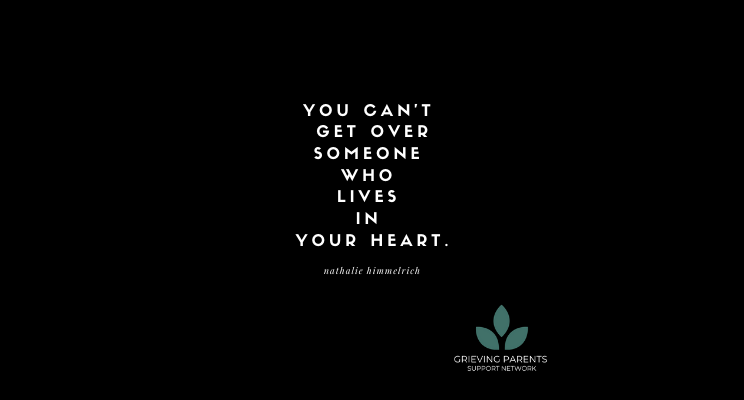
When I held my daughter in my arms as she drew her last breath I knew it.
When I learned that my mother had just died through suicide I knew it.
I speak boldly when I say that society largely misunderstands grief. Even as a trained psychotherapist specialising in grief and relationship, I misunderstood grief. I thought I understood it, knew about it. I was mistaken. What was interesting to me was that according to my clients I was well equipped to support people through their losses even though I didn’t fully understand grief.
From the perspective of personally LIVED loss experiences, deeply inhaling the grieving process, struggling to keep up the resilience to get up every day, dealing with mundane daily tasks… I really had no idea about grieving prior to my own losses and I believe not many people do – until life shows them death.
There are many unconscious biases and grief myths that are commonly used in our everyday language (see my articles on Downton Abbey Grief Theory Part 1 here and Part 2 here) that it comes as no surprise that society BELIEVES that:
- Grief has a set timeline and it will be ‘over’ after that time
- ‘Keeping it together’ and ‘not losing it’, meaning to not show emotions, are desirable signs of being strong and this is how we should show up
- Replacing what was lost will resolve the grief (like ‘have another baby’)
- If you just do something useful (=keep yourself busy) it will be better
And, to a certain degree, we as the bereaved ourselves believe these myths which make us stuff down our emotions, pretend we don’t feel them or numb them out with all kinds of (addictive) behaviour.
EMOTIONS AND FEELINGS
Openly feeling and authentically expressing our emotions is not encouraged in our society. ‘Don’t cry’ is probably the most used sentence responsible for children from a young age learning that emotional expression is not welcome. We often get shamed, judged, critiqued or even laughed at when showing our emotions and the pain of that vulnerability makes us shut down.
MISUNDERSTANDING:
Not feeling or not expressing the feelings makes the pain go away.
Keeping yourself busy will resolve any unpleasant feelings.
GRIEF TRUTH:
When loss has touched our lives and after the shock and numbness wear off, we are often overwhelmed by emotions. We need to speak about it, often much longer than the people surrounding us can bear to listen without being emotionally affected themselves.
TIMELINE
In a recent workshop on bereavement support, I heard the presenter mention that the average time of dealing with the bereavement is 2 to 3 years when losing a parent, 5 to 7 years when losing a partner and a lifetime when losing a child. Even though these are (again) suggested timelines, he also said that we all process loss differently and therefore the time span will vary from person to person.
MISUNDERSTANDING:
Grieving is done after a certain time. Bereaved people ‘should get over’ their loss and move on with life. Time heals all wounds.
GRIEF TRUTH:
Everyone’s experience of loss is unique. Everyone’s timeframe on when they are willing and able to integrate their loss and turn their attention back to life is different. And no, the loss will never be put ‘behind’ or ‘over’ – the loss stays a part of the bereaved person’s life.
Time on its own does not simply heal all wounds.
REPLACING THE LOSS
If you lose a child, the next child will not simply fill a space. It’s not possible. The hole in a parent’s heart will not be healed by another child. A new baby does not diminish the wishes, dreams and expectations you had for the one before.
MISUNDERSTANDING:
A rainbow child will heal the loss of a lost child.
GRIEF TRUTH:
The emotions following loss are present in some form or another. It’s natural that the parents will be busy with another child and therefore have less time and space to grieve. This does not, however, mean it’s resolved.
When death visited, I knew. I knew it in my cells. Death was filling me equally with awe as it filled me with devastation. I knew that this was the single biggest emotional experience my life had trusted me with so far.
Looking back I know now that…
My soul was ready for the experience; my humanness, however, was thrown into the painful path of grief.
My soul knew I was resilient; my humanness struggled for months and years.
My soul knew its purpose and my humanness was yet to embark on the journey to find out.
